Wagyu Strain Information
THC
CBD
Potency
Wagyu is a rare, evenly balanced hybrid strain (Sativa/Indica ratio - 50/50) of currently unknown breeding origins. Top terpene is myrcene, with caryophyllene, limonene, and linalool. The THC level in this weed is consistent at around 15%, with a CBD range between 0.66 and 0.78%. A lower THC level and a relaxed high make this a decent strain for new users.
The aroma of the Wagyu strain is the herbal hit of sage and pine, with an underlying cool menthol. This coolness is balanced by a savory hint of cheese present in the exhale.
This marijuana hits heavy on the tingles at the onset and then settles into a pleasantly relaxed body high. While it is great for sleep when taken right before bed, it also allows for a euphoric relaxation that lets the user hang out or watch TV as well. Settle in for a happy chill.
The pleasant sedation of the high also makes Wagyu a popular cannabis choice for therapeutic purposes. It is often used by patients with anxiety, depression, bipolar disorder, or hypertension.
There are a few potential negative side effects with this strain, including:
- Hallucination
- Drowsiness
- Slurred Speech
- Thirst or dry mouth
For Growers
Currently, Wagyu seeds remain as elusive as their parentage. If you are able to get your hands on a cutting, you may expect a growing range of 55 to 64 days, with an average harvest on day 58. Plants grow between approximately 30 to 60 cm, with a yield of 1 to 2 ounces, or 400 grams per plant.
Side Effects
Simply let us know how this strain tastes or write a detailed review.
Wagyu Strain Cannabinoids
| THC | Tetrahydrocannabinol, or THC, is a major cannabis chemical compound. It is a psychoactive element that stimulates dopamine release and induces euphoria or happiness. THC-rich strains may be helpful with such conditions as lack of appetite, chronic pains , etc. It is considered to be the primary active marijuana component. | 15 - 15% |
| CBD | Cannabidiol, or CBD, is a major compound in cannabis, which is non-psychoactive. It is also proved to counteract the side effects of the second major component THC. CBD is widely used for medicinal purposes in rubs, oils and so on. It is helpful in muscle pain cases, may treat arthritis and migraines. Even Greeks used it against pain, while Queen Victoria applied it to get rid of menstrual cramps. | 0.64 - 0.93% |
| CBC | Cannabichromene, or CBC, is a minor cannabinoid, meaning that its quantity in cannabis is quite little. Though it has the same origin as CBD and THC, it is different in functions. Without any psychoactive effects, it is an efficient cannabis compound in combating acne and depression. CBC produces analgesic, antibacterial and anti-inflammatory effects. | 0.14 - 0.16% |
| CBG | Cannabigerol, or CBG, is one of the minor cannabis compounds in adult plants. On the other hand, young ones contain a lot of this antibacterial and anti-inflammatory component. During the growth, CBG is converted into different cannabinoids, mostly THC and CBD. The compound itself increases appetite and decreases eye pressure. | 0.01 - 0.2% |
| CBN | Cannabinol, or CBN, is a trace element in cannabis that is considered to be mildly psychoactive. It appears from oxidation THC, exposed to light and heat. CBN is mostly contained in old cannabis and in traditional hashish. It is effective against insomnia, bacterial infections and appetite loss. | 0.03 - 0.23% |
| THCV | Tetrahydrocannabivarin, or THC-V, is a compound contained in cannabis in trace amounts. Even though it is close to THC molecularly, it is different in effects. This compound may be psychoactive only in large amounts. THC-V reduces blood sugar, controls appetite, stimulates bone growth, etc. African Sativa strains are the richest in THC-V. | 0.09 - 0.22% |
Wagyu Terpene Profile
| Carene | Carene (also known as Delta-3 carene) is a terpene found in rosemary, lemons, pines, and cedars, offering citrusy and cypress aroma. Studies on mice showed that carene provides anti-inflammatory effects, as well as promotes bone health and chronic pain relief. | 0.03% |
| Pinene | Pinene is one of the most widespread terpenes in nature, found in pine trees, basil, nutmeg, parsley, and rosemary. Cannabis containing terpene (alpha-pinene or α-pinene) boasts a strong pine scent. Pinene is responsible for anti-inflammatory, pain-relieving, and anti-anxiety effects. | 0.13% |
| Myrcene | Myrcene (also known as β-myrcene) is one of the most common terpenes found in cannabis, representing more than 20% of the modern marijuana terpene profile. Myrcene has a distinct earthy, musky flavor, resembling cloves. It is responsible for calming and soothing effects of weed. Myrcene is also found in hops, thyme, mango, lemongrass, guava melon. | 0.24% |
| Camphene | Camphene is terpene common for carrots, pepper, dill, fennel, nutmeg, thyme, as well as other fruits and vegetables. Camphene has a damp, pungent, herbal, minty aroma with pine undertones. In cannabis, mostly found in Indica strains. Camphene causes cooling sensations, having anti-inflammatory, antibiotic, antioxidant, analgesic, and antifungal effects. | 0.08% |
| Geraniol | Geraniol is a terpene initially contained in geraniums, as well as lemongrass, lemon peels, roses, blueberries, and carrots. The aroma is a sweet rose scent with notes of citrus. Geraniol features anti-inflammatory, antibacterial, antifungal, and neuroprotectant properties. It's rumored to have side effects such as allergic contact dermatitis or sensitive skin irritation. | 0.03% |
| Humulene | Humulene (also known as α-humulene) is one of the major terpenes found in cannabis, contributing to woody, earthy, spicy, herbaceous, and, mainly, floral aromas of cannabis. Used in modern medicine, humulene offers anti-inflammatory, antibacterial, and appetite suppressant effects, which have been well-researched by pharmaceutical companies. | 0.01% |
| Limonene | Limonene (also known as d-limonene) is the second most common terpene in nature and the third most common terpene in cannabis. It has a powerful citrus aroma and can be found in all citruses, including lemons, oranges, grapefruits, limes, juniper, etc. Limonene is known to elevate moods and provide anxiety, depression, and stress relief. | 0.22% |
| Linalool | Linalool (also known as beta linalool, linalyl alcohol, linaloyl oxide, and p-linalool) is one of the rarest terpenes found in cannabis, mostly in small quantities. Linalool is known for its spicy and lavender aroma, bringing relaxation and calming effects. It is also said to provide anti-inflammatory and analgesic properties that can be useful for athletes. | 0.1% |
| Sabinene | Sabinene is a terpene with a peppery, spicy, citrusy, and piney aroma, presented in Norway spruce, Holm oak trees, black pepper, cardamom, and carrot seeds. Found in cannabis in small quantities. Allegedly, sabinene has anti-inflammatory and antimicrobial properties. | 0.06% |
| Nerolidol | Nerolidol (also known as trans-nerolidol) is a terpene found in jasmine, tea tree, and lemongrass, as well as in some cannabis strains. Nerolidol has a distinguished floral aroma with notes of citrus, apples, and rose. The terpene has sedative, anti-anxiety, antimicrobial, anti-parasitic, anti-oxidant, and pain-relieving properties. | 0.05% |
| Valencene | Valencene is a terpene that got its name from Valencia oranges - a fruit where It's initially found. Valencene offers citrusy, sweet aromas, with flavors having notes of oranges, grapefruits, tangerines, and, occasionally, fresh herbs or freshly cut wood. Citrus aromas, frequently found in a wide variety of cannabis strains, are contributed to by valencene, which is known for anti-inflammatory and insect repelling properties. | 0.01% |
| Caryophyllene | Caryophyllene (also known as beta or b caryophyllene) is a terpene found in many herbs and spices, such as black pepper, basil, rosemary, and oregano. Cannabis high in caryophyllene delivers a strong spicy, peppery aroma, resembling cinnamon and cloves. Caryophyllene offers potent anti-inflammatory and sedative effects. | 0.05% |
| Total terpenes content | 1.01% |
Growing Info
Similar Strains
THC 21.5 - 24.5%
CBD 0.35 - 0.91%
Effect Tingly
Flavor Lemon
THC 12 - 15%
CBD 0.16 - 0.28%
Effect Happy
Flavor Rose
THC 19.5 - 20%
CBD 0.77 - 1.04%
Effect Relaxed
Flavor Citrus
THC 18 - 21.67%
CBD 0.57 - 0.88%
Effect Sleepy
Flavor Pine
THC 22 - 25%
CBD 0.76 - 1.16%
Effect Relaxed
Flavor Spicyherbal
THC 23 - 25.2%
CBD 0.24 - 0.56%
Effect Sleepy
Flavor Lemon
THC 15 - 15%
CBD 0.64 - 0.93%
Effect Tingly
Flavor Tropical
THC 21.75 - 25%
CBD 0.5 - 0.88%
Effect Uplifted
Flavor Spicyherbal
THC 22 - 23%
CBD 0.66 - 0.87%
Effect Energetic
Flavor Grapefruit
THC 16.67 - 20.67%
CBD 0.68 - 0.85%
Effect Relaxed
Flavor Berry
THC 18.5 - 22.25%
CBD 0.55 - 0.96%
Effect Relaxed
Flavor Skunk
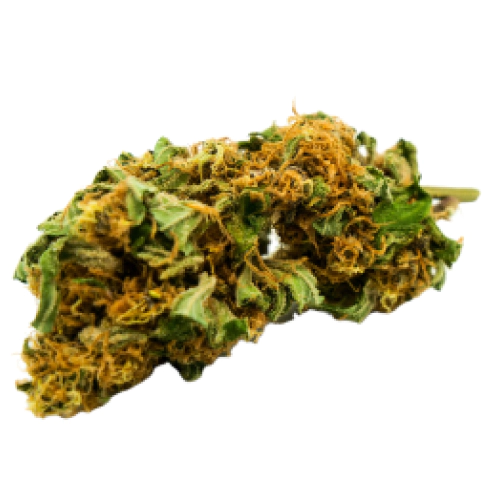
THC 19.5 - 22.75%
CBD 4.15 - 6.78%
Effect Relaxed
Flavor Citrus
THC 7.5 - 10.75%
CBD 0.07 - 0.25%
Effect Giggly
Flavor Lime
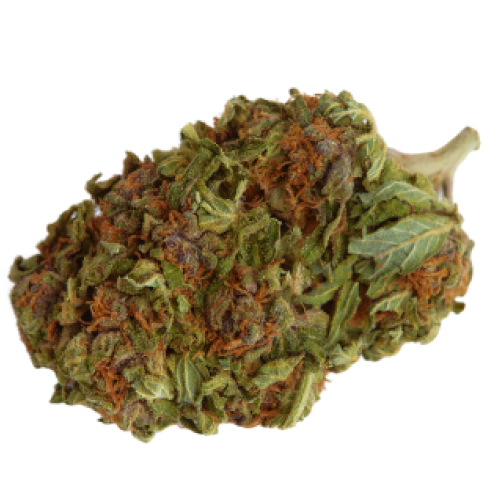
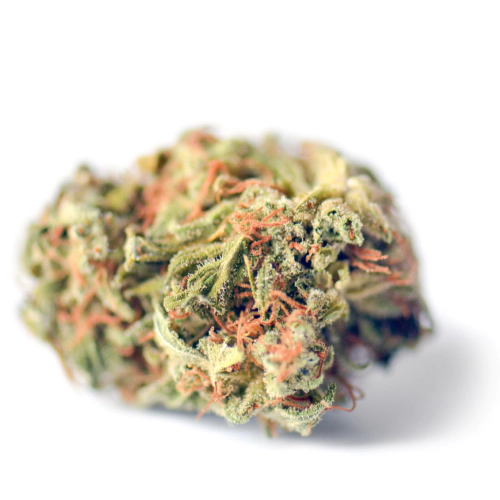
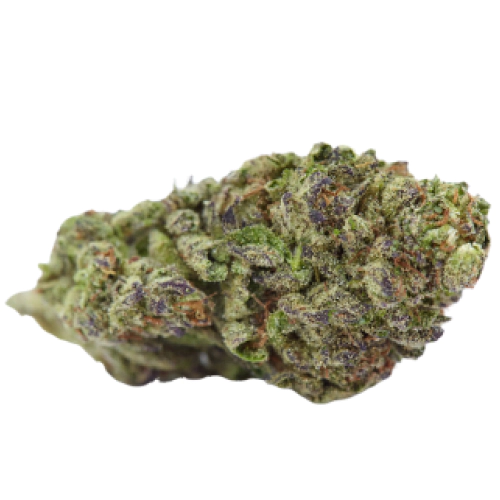
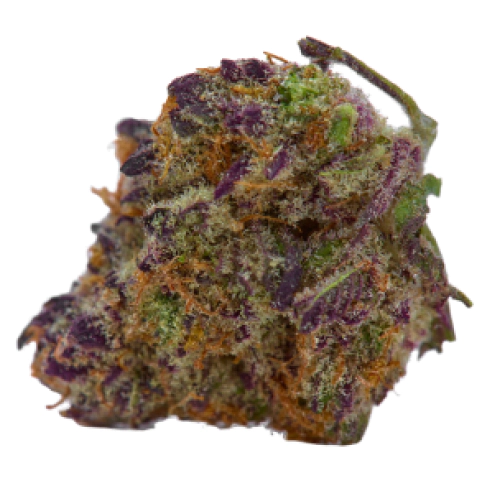
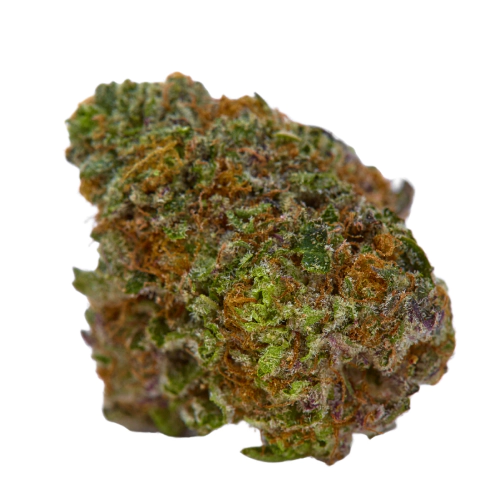
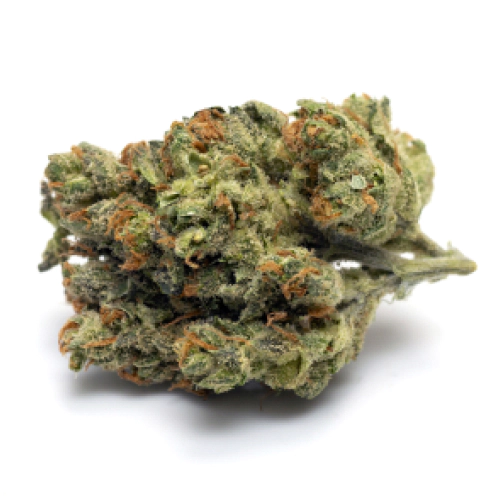
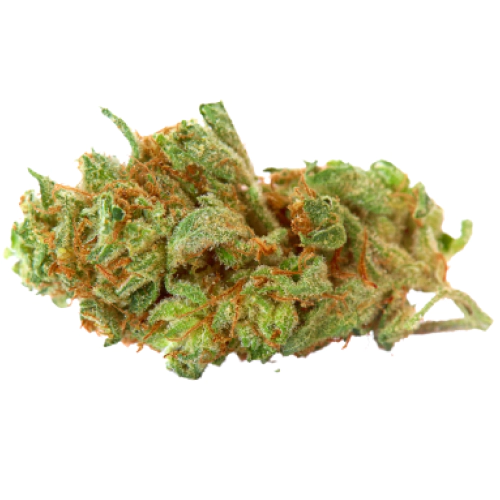
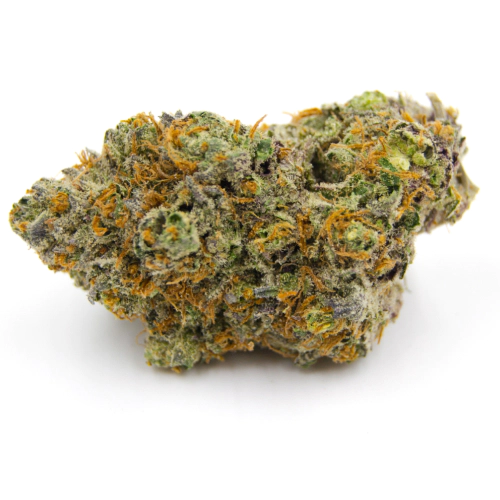
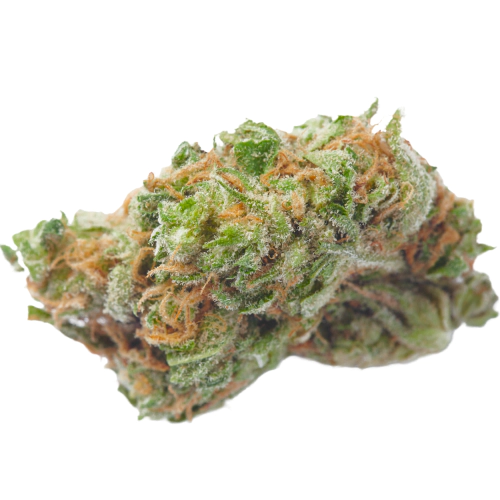
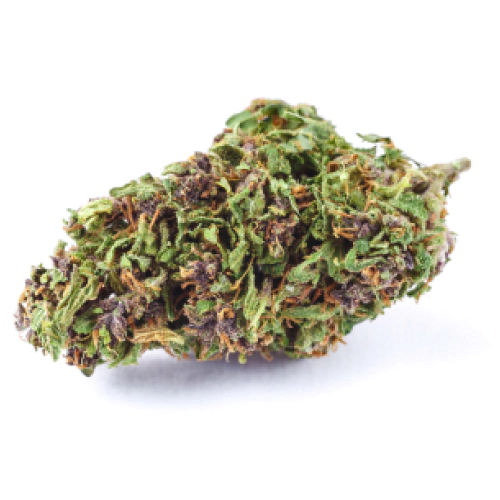
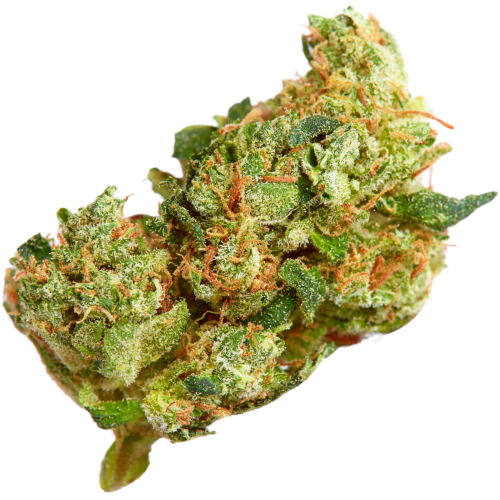
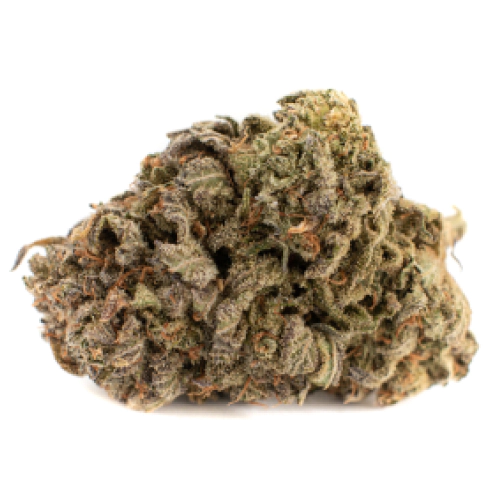
User Reviews 5
Her Highness is kinda right, those tingly feelings made me think i was having an allergic reaction. turns out it was nothing of the sort and the start of an eventful afternoon. Soon enough after sharing a joint with my brother, i found myself in the kitchen hunting down any leftover food we have. I didn''t like how constant the hunger pangs kept hitting me.
Yes, the high starts off all tingly and exciting but this only lasta a few more hours. The tingliness turns to a euphoric high that you can easily get lost in then everything calms down and you are calmly laughing at pretty much nothing. by the time you've enjoyed the full spectrum of the bud you will be on cloud nine.
Splendid tropical tastes, you'll feel as if you are vacationing on some beach.
Awaiting my sister's review, she just tried it in the morning and is waiting for that edibles effect to hit.
those tingly sensations almost had me thinking i was having some allergic reaction, paid off in the end though.
Write a Review